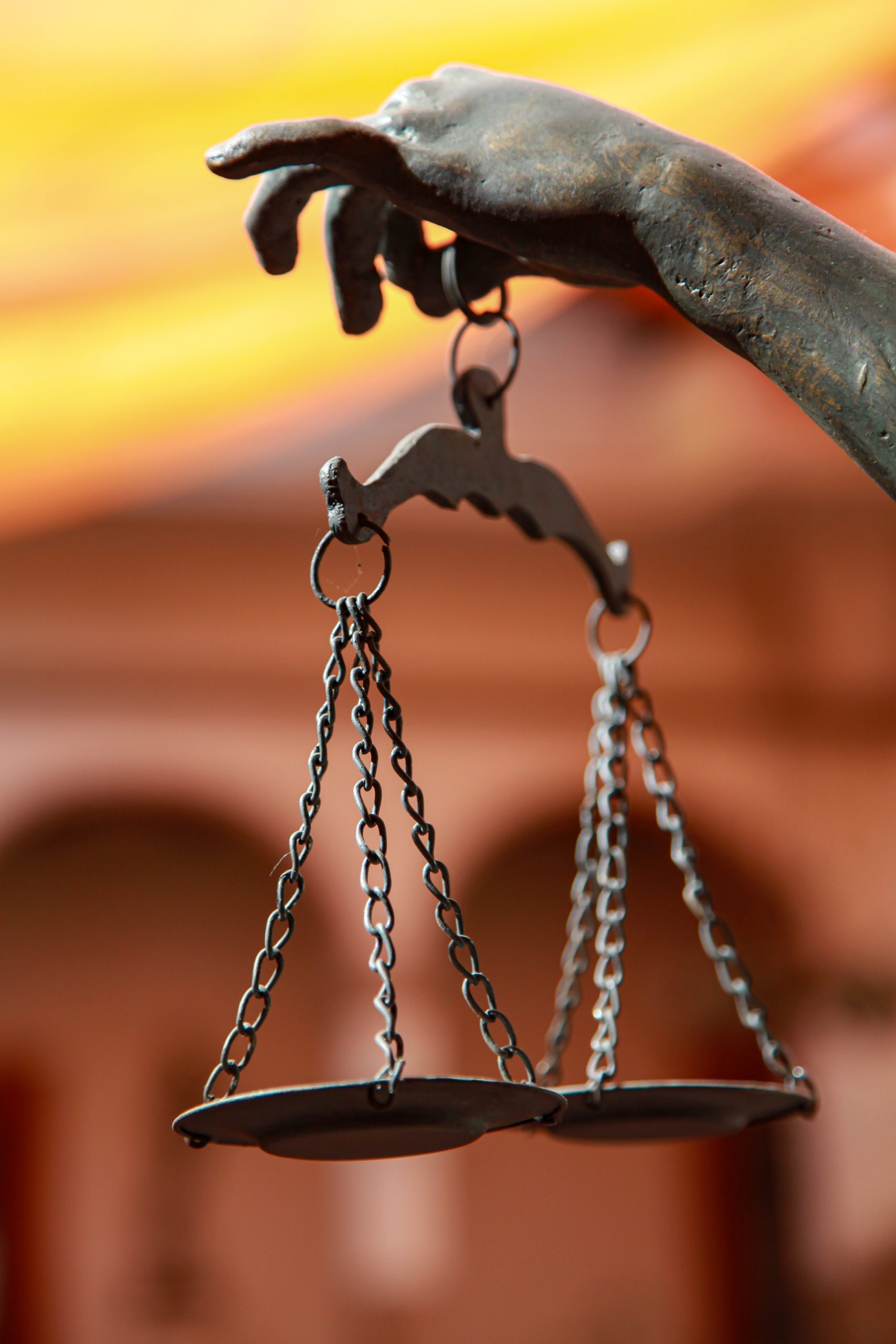- Call Us: (209) 395-1128
- Email Us: request@sodhilawgroup.com
- Address: 1030 15th St,Modesto,CA 95354
Civil Law

Civil Law
Civil law encompasses a wide range of legal matters that typically involve disputes between individuals, businesses, or other entities. This could include issues related to contracts, property, torts (such as personal injury), family law matters, employment disputes, and more.
Initial Consultation
Typically, the process begins with an initial consultation where the client discusses their legal issue with an attorney. During this meeting, the attorney evaluates the case, provides legal advice, and discusses potential strategies.
Case Assessment and Strategy:
After the initial consultation, the attorney will assess the strengths and weaknesses of the case, research relevant laws, and develop a legal strategy.
Filing and Pleadings:
If litigation is necessary, the attorney will file the appropriate legal documents with the court. This could include complaints, answers, motions, and other pleadings.
Discovery:
Discovery is the process where both parties exchange information and evidence relevant to the case. This can include documents, witness statements, and other materials.
Negotiation/Settlement:
Many civil cases are resolved through negotiation or settlement outside of court. Attorneys may engage in settlement discussions with the opposing party to reach a resolution that is satisfactory to their client.
Trial Preparation:
If the case proceeds to trial, the attorney will prepare for court proceedings. This includes preparing witnesses, gathering evidence, and developing arguments.
Trial:
During the trial, both parties present their case to a judge or jury, who will then make a decision based on the evidence and arguments presented.
Post-Trial:
Depending on the outcome of the trial, there may be post-trial motions or appeals filed by either party.

It’s important to note that the specific process may vary depending on the nature of the case and the jurisdiction in which it is filed.

